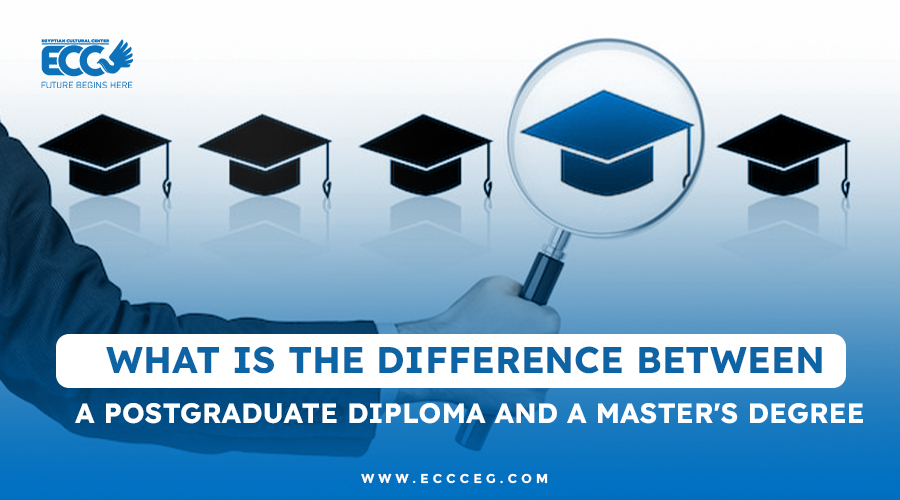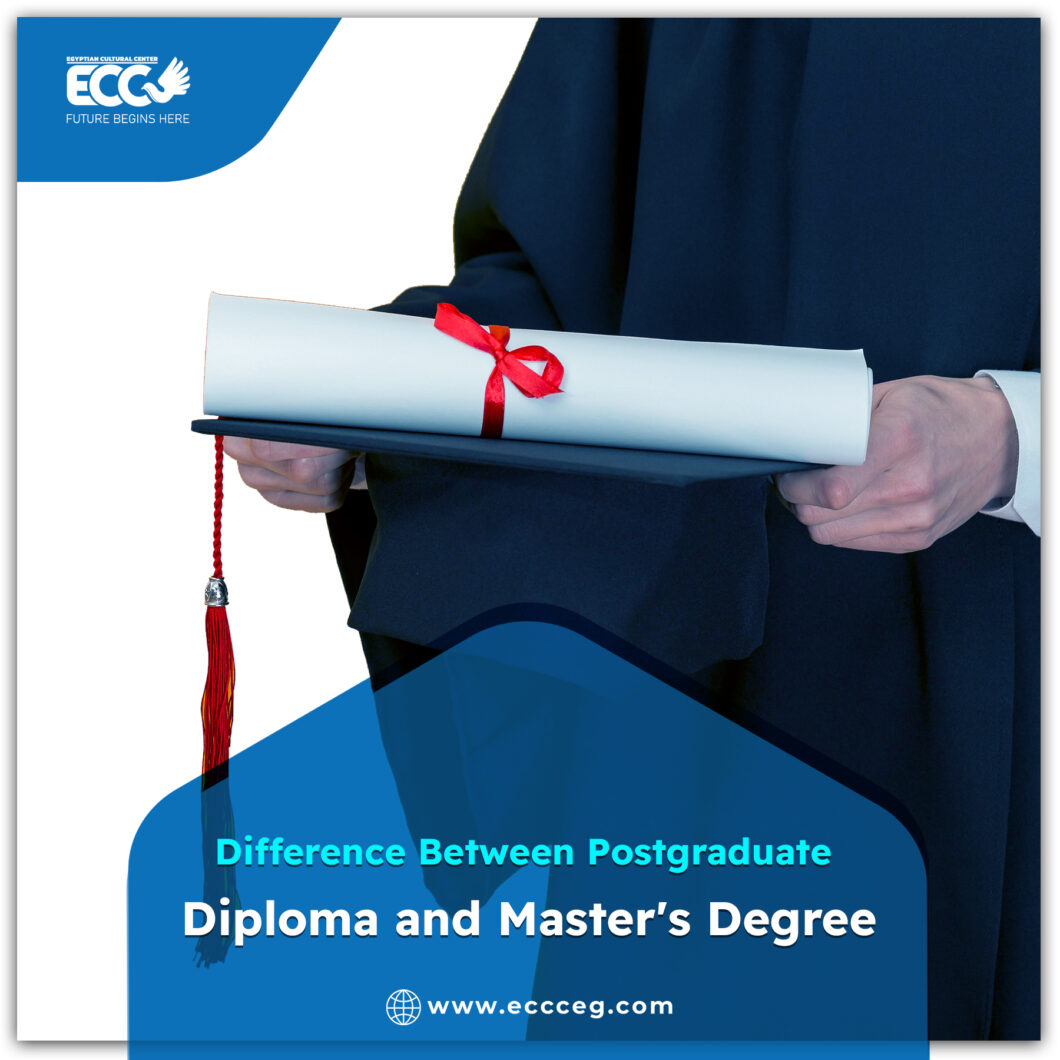Completing a university study represents a challenge in anyone’s life and makes them investigate the differences between a Diploma and a Master’s Degree.
Since around the 90s, it is no longer enough to have a degree to be competitive in the work, professional, and/or academic world.
Knowledge is updated, frames of reference change, and we must be prepared to respond to the demands of a world in permanent evolution and transformation where Diploma and Master’s degrees appear in the offers.
Upon completion of their undergraduate degrees, professionals have the opportunity to continue their studies and specialize in specific areas, in order to improve their academic profile and enhance their professional development.
Among the options they have are a Postgraduate diploma and a master’s degree.
However, there is more than one difference that is worth knowing between both programs when making a decision about continuing your studies.
Read More: MBA in Organizational Leadership – A Complete Guide for 2024
What is a Postgraduate Diploma?
It is a short or medium-duration course that seeks to specialize students in a specific branch or area of study, usually with a technical or practical focus.
They are taught by higher education institutions and represent an important step in updating knowledge. However, they do not represent an academic degree of a higher level than the undergraduate degree.
Among the main advantages of this program are its focus on the delivery of tools and the ability to quickly and easily apply them to the current work context.
Their application and admissions process is usually flexible, as some programs do not require an undergraduate degree. It is only enough to be in the last semester or have completed your studies.
Contact with IBAS: +201000498154
What is a Master’s degree?
Also known as a master’s degree or master’s degree, it is a postgraduate program that lasts, on average, two years.
Its objective is to expand and deepen knowledge and skills in certain areas of professional development.
In a certain way, it constitutes an extension of the undergraduate degree, but towards a specific area of knowledge.
It should be noted that the only way to apply for this program is with a certificate that proves that the person has already graduated as a professional (generally, a bachelor’s degree is required).
Regarding the degree obtained, the master’s degree delivers an academic degree higher than the undergraduate degree. In fact, it is the step prior to the doctorate.
What is the difference between a Postgraduate diploma and a master’s degree?

The differences between the two types of programs are the following:
- While the diploma is part of the postgraduate category, the master’s degree is part of the postgraduate category.
- The length of the diploma is shorter and specializes in a specific subject. On the other hand, the master’s degree is more extensive and has a broader knowledge focus.
- The degree obtained in the diploma courses does not imply an academic degree higher than the undergraduate degree, while the master’s degree does.
- The diploma provides knowledge and skills that can be easily and quickly applied in the labor market. Master’s skills require more time and work.
- For the final project of the diploma courses, a project prepared throughout the program is required, while in the master’s degree, it is necessary to develop a research thesis.
Understanding their characteristics and differences, it is possible to choose between a diploma or a master’s degree. However, people should not forget to look at their academic training needs, available time, and professional projection.
In the end, whether you opt for a diploma or master’s degree, VERN and IBAS have a wide range of master’s degrees in different areas of knowledge, among which you can choose the best option for professional development.
Read More: MBA in Organizational Leadership – A Complete Guide for 2024
Study a diploma or a Postgraduate master’s degree?

Of course, to achieve your objectives you need to be very clear about what means you require and understand the differences and benefits. Do you know well what a diploma is about and what differentiates it from a master’s degree?
Your answers to the following questions are important to know your academic interest and make a decision:
- Are you looking to develop specific skills to raise your level of competence in a specific activity?
- Do you want to take a leap that puts you at a higher level and deepens your knowledge in an area?
- Do you prefer a short program with a high focus on practice?
- You may be interested in: What is a diploma and why should you study one?
Taking into account your previous answers, check out the differences between these two educational programs and discover which one best suit your academic interest.
Read More: MBA in Organizational Leadership – A Complete Guide for 2024
How does studying for a Postgraduate diploma or master’s degree benefit me?
Of course, it is important to mention that both updating and specialization methods will benefit you in a relevant way because by enriching your knowledge you have better opportunities to:
- Increase your networking and create connections based on your work interests.
- Achieve professional stability as you increase your level of specialization.
- Access a higher salary according to your capabilities.
How are you? Do you have it clearer now? We invite you to review our offerings to decide once and for all what your next step will be.
Contact with IBAS: +201000498154


